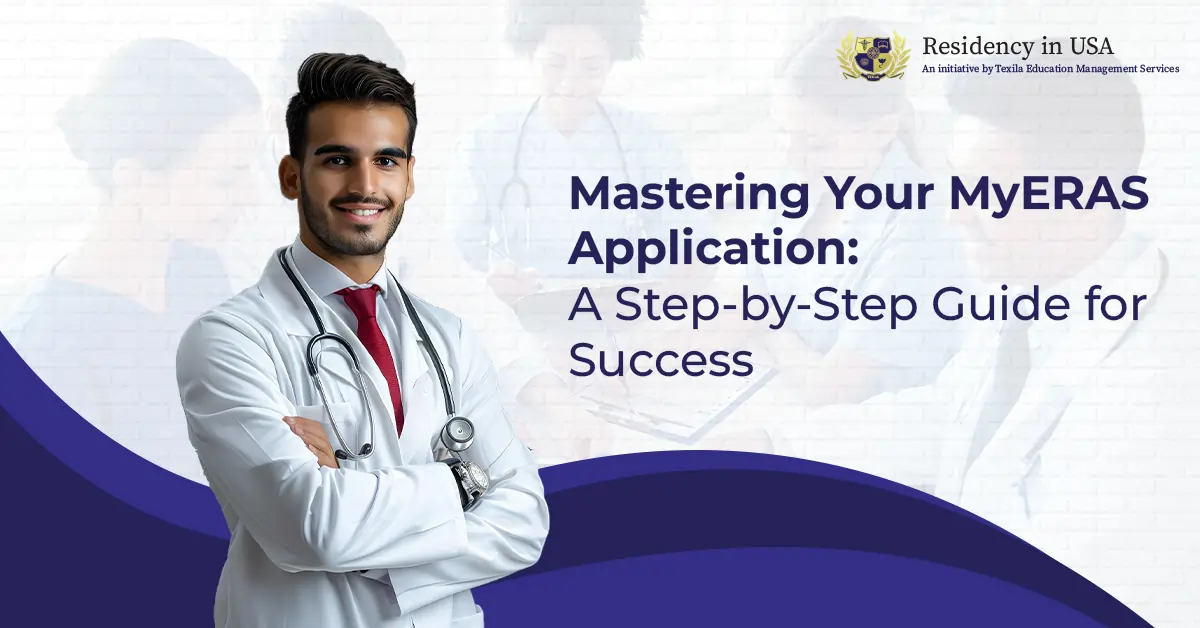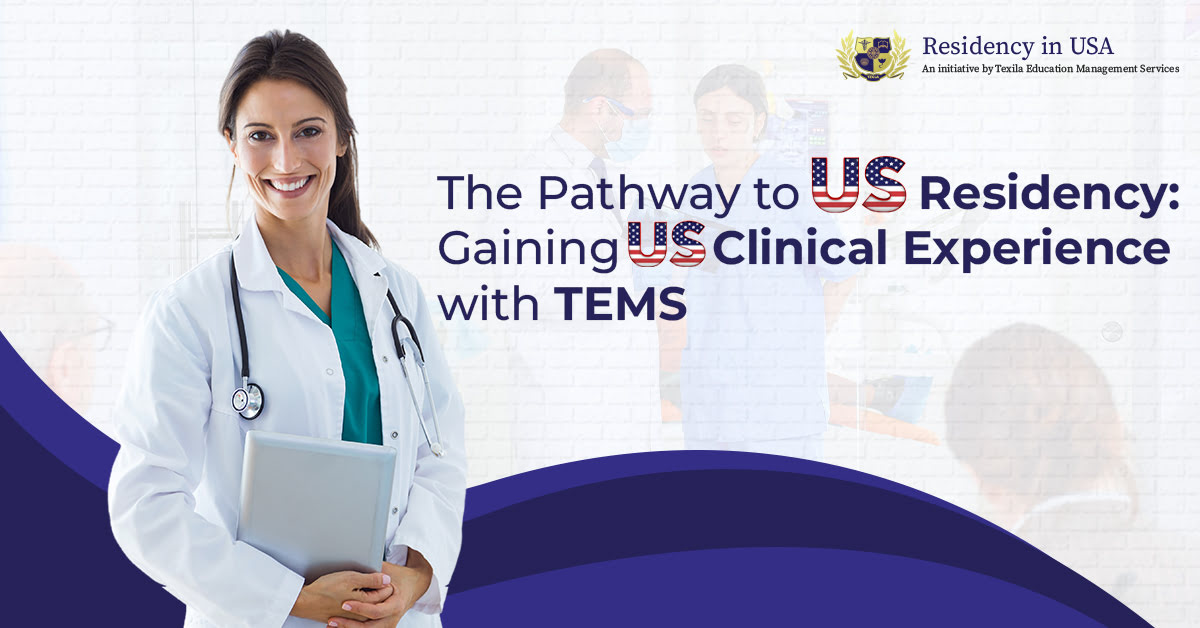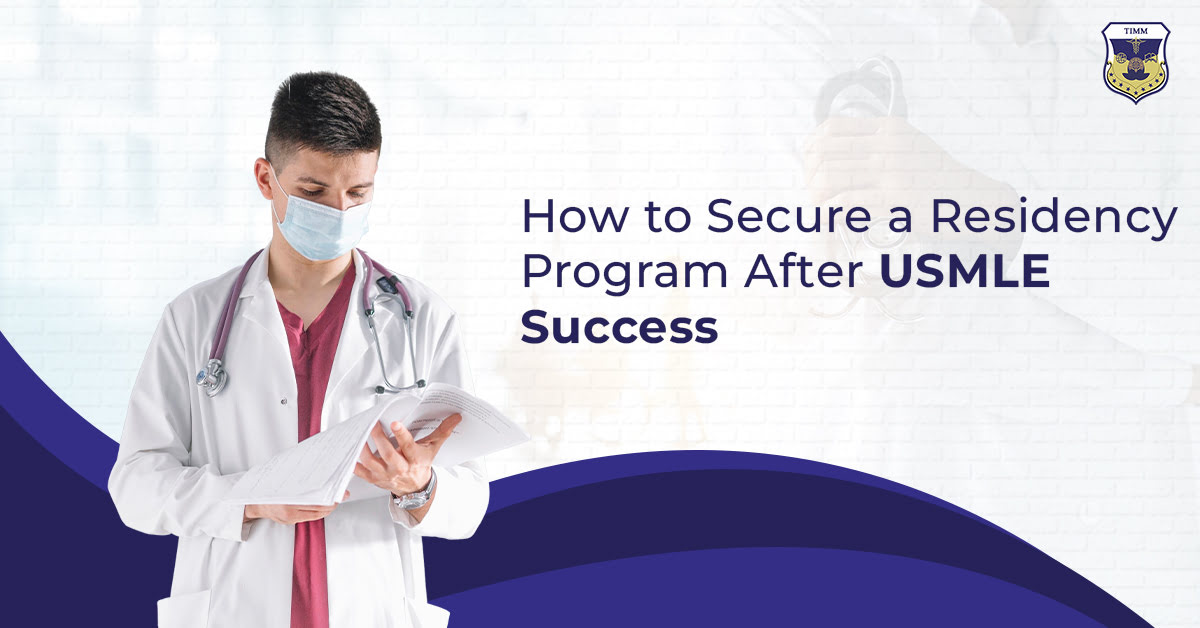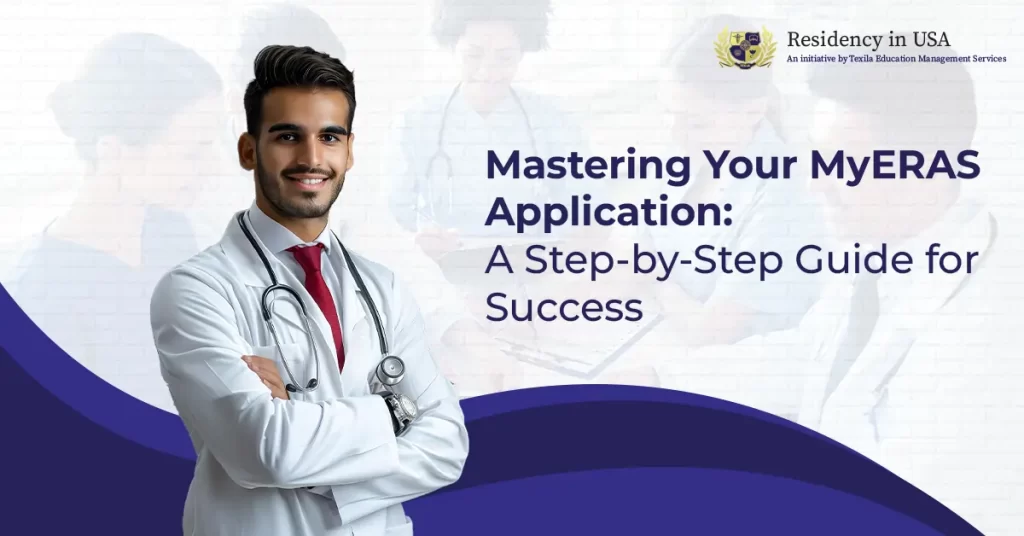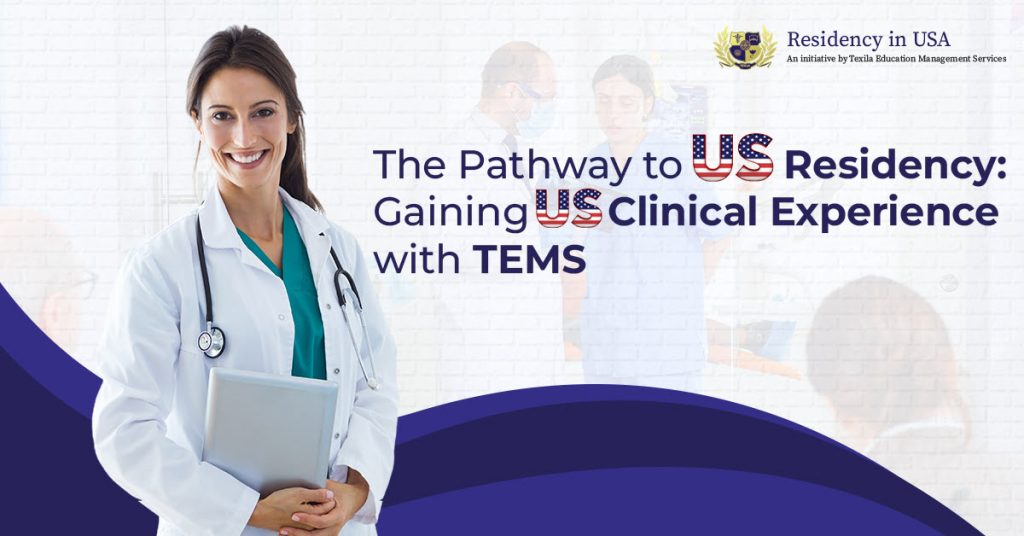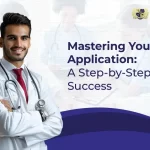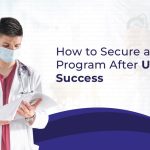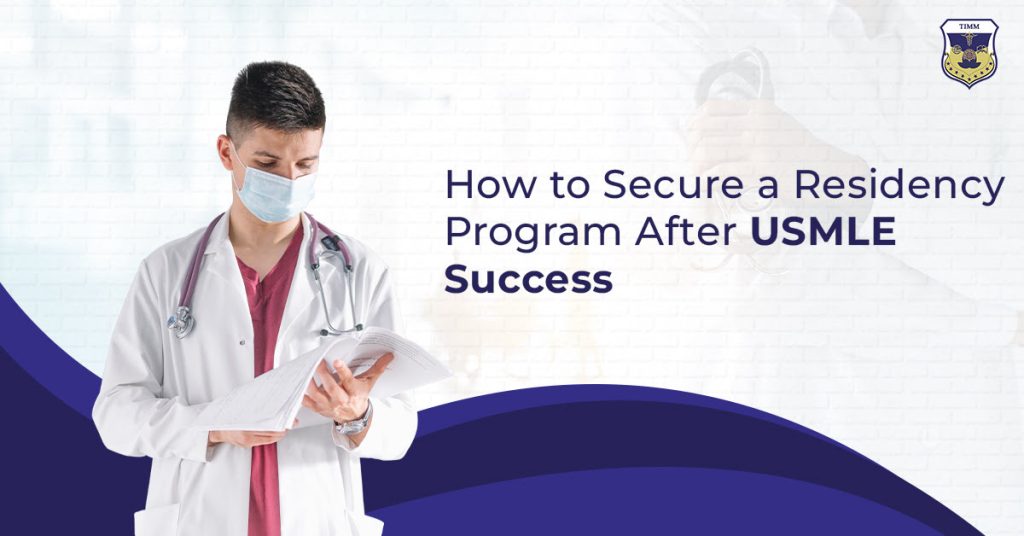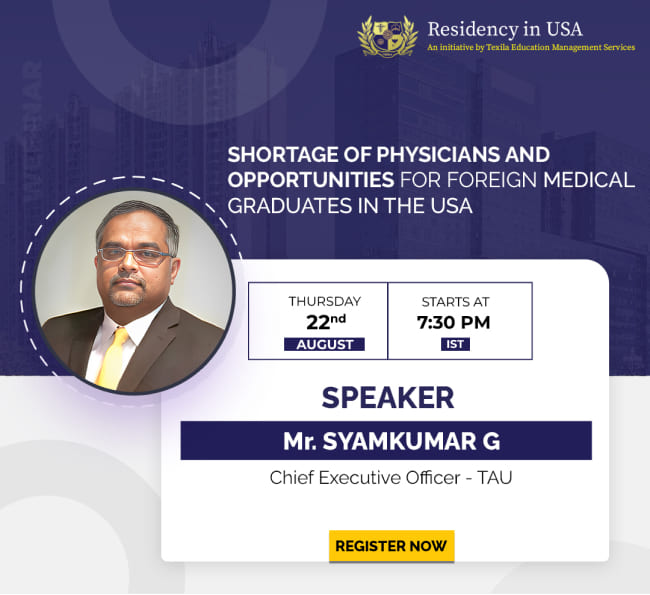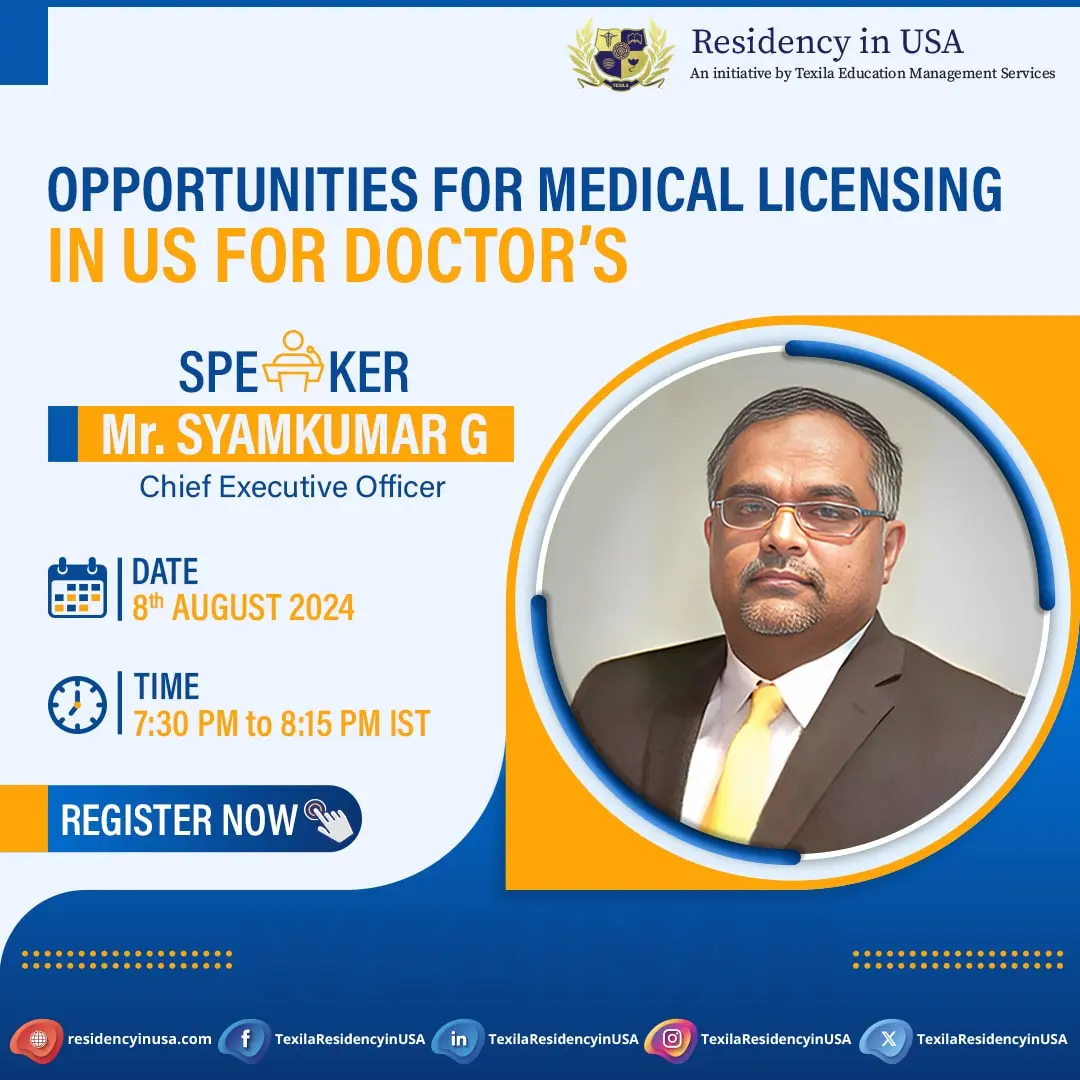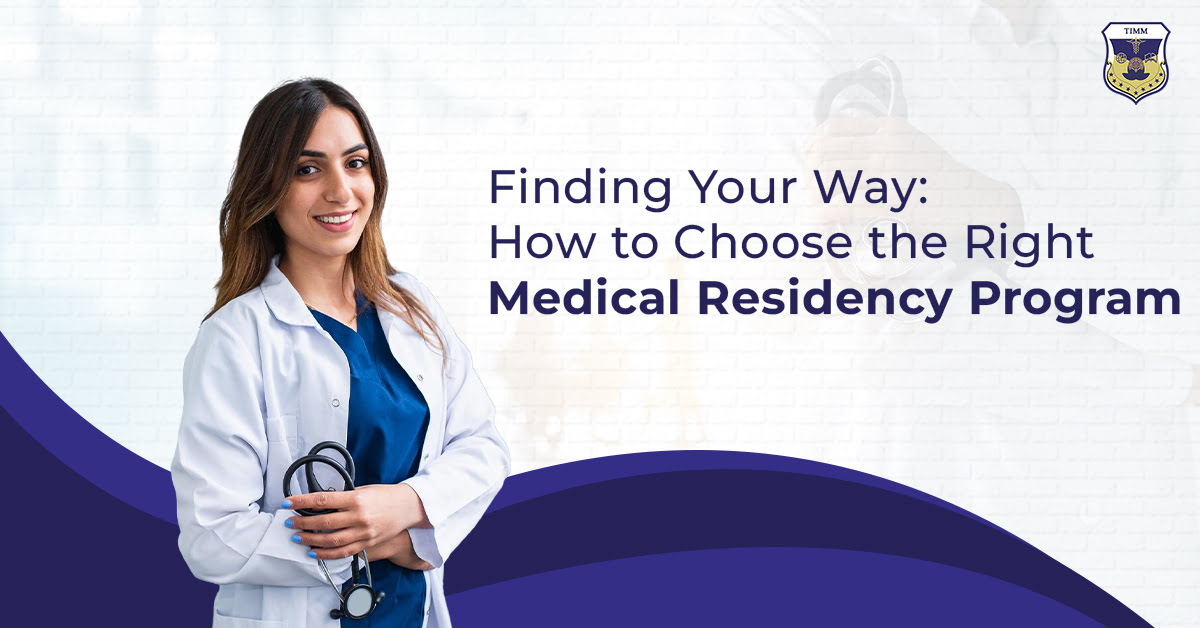Mastering Your MyERAS Application: A Step-by-Step Guide for Success
The Pathway to US Residency: Gaining US Clinical Experience with TEMS
Mastering Your MyERAS Application: A Step-by-Step Guide for Success
The Pathway to US Residency: Gaining US Clinical Experience with TEMS
Mastering Your MyERAS Application: A Step-by-Step Guide for Success
The Pathway to US Residency: Gaining US Clinical Experience with TEMS
Mastering Your MyERAS Application: A Step-by-Step Guide for Success
The Pathway to US Residency: Gaining US Clinical Experience with TEMS
Mastering Your MyERAS Application: A Step-by-Step Guide for Success
The Pathway to US Residency: Gaining US Clinical Experience with TEMS
How to Secure a Residency Program After USMLE Success
Mastering Your MyERAS Application: A Step-by-Step Guide for Success
The Pathway to US Residency: Gaining US Clinical Experience with TEMS
Mastering Your MyERAS Application: A Step-by-Step Guide for Success
Blog Summary
What is MyERAS?
MyERAS (Electronic Residency Application Service) is the online application system medical students and graduates use to apply for residency programs in the United States. Through MyERAS, applicants can submit their applications, personal statements, transcripts, letters of recommendation, and other required documents to multiple residency programs at once.
TEMS offers comprehensive Residency Application Services to help medical graduates navigate the MyERAS system and successfully apply to residency programs.
ERAS Timeline
Key Dates to Remember
June: Research programs using Residency Explorer, FREIDA, and ACGME. Review eligibility for ERAS, NRMP Match, and U.S. state medical licensure.
June 26: Obtain your ERAS Token from ECFMG’s OASIS and register on the MyERAS website. Begin submitting supporting documents.
September 4: Begin applying to residency programs at 9:00 a.m. ET.
September 16: NRMP Match registration opens.
September 25: Programs start accessing applications at 9:00 a.m. ET.
January 31 (2025): NRMP Match standard registration deadline (late fees apply after this date).
March 5 (2025): Deadline for NRMP Match registration and Rank Order List certification.
March 17-21 (2025): Match Week begins, culminating in Match Day.
May 31 (2025): MyERAS application closes.
July 1 (2025): Residency training begins.
Note: Always verify dates with the appropriate organizations.
Details and timelines are referenced from the official ECFMG website.
How to complete the Perfect MyERAS application
Personal Information: Accuracy and Consistency
Accurately filling out your personal and biographic information is crucial. Here is why:
- Correct Information: Ensure all details match your official documents to avoid any discrepancies that could delay your application.
- Double-check for Typos: Errors in your name, date of birth, or contact information can lead to misunderstandings and missed opportunities.
- Consistency is Key: Uniformity across all documents, including your MyERAS application, personal statement, and CV, reinforces your professionalism and attention to detail.

Curriculum Vitae (CV): Detailed Account of Educational Background
Your CV is vital components it stands out, focus on:
- Educational Achievements: List your medical school, degrees earned, and any honours or awards received.
- Publications and Training: Include any research publications and additional training programs you have completed.
- Roles and Responsibilities: Highlight your specific roles and accomplishments in various positions to give residency programs a clear picture of your capabilities and experience.
Personal Statement: Unique Story and Specialty Choice
Crafting a compelling personal statement is essential for success. Follow these guidelines:
- Tell Your Unique Story: Explain in your statement why you want to pursue a residency in the specialism of your choice. Talk about the experiences that have influenced your ambitions and career path.
- Adhere to Program Requirements: Different programs may have specific guidelines for the personal statement. Follow these requirements closely to maximize your chances of matching.
- Technical Guidelines: When drafting your statement outside the MyERAS application, use plain text word processing applications like Notepad (for Windows) or SimpleText (for Mac) to avoid formatting issues. The personal statement can be up to 28,000 characters, including letters, numbers, spaces, and punctuation.
Experiences
Updated Experiences Section: Now allows you to include up to 10 experiences, making it easier to highlight your comprehensive professional journey.
Including Up to 10 Experiences:
- List all relevant clinical, volunteer, research, and work experiences.
- Ensure each entry highlights your role, responsibilities, and achievements.
Highlighting the Three Most Meaningful Experiences
- Select the three experiences that have had the most significant impact on your career.
- Provide detailed insights into why these experiences are meaningful and how they shaped your professional path.
Letter(s) of Recommendation
Crucial Endorsements Letters of recommendation are a vital part of your MyERAS application, offering a professional endorsement of your skills and readiness for residency.
Process for Obtaining and Submitting Letters
- Request letters from mentors or supervisors who know your work well.
- Ensure each letter is personalized to reflect your strengths and suitability for the residency.
Creating Entries and Generating Letter IDs
- Create a separate entry for each letter in the MyERAS system.
- Once entered, each letter is assigned a unique Letter ID, which the writer then uses to upload the document.
USMLE/COMLEX-USA Transcripts
Inclusion of Exam Scores Including your USMLE and COMLEX-USA transcripts is crucial for your Electronic Residency Application Service application, as these scores are a vital factor in residency selection.
Importance of Transcripts in the Application
- Transcripts provide residency programs with a standardized measure of your medical knowledge and readiness.
- High scores can significantly enhance your application.
How to Include Them in the Application
- Request your transcripts through the appropriate official channels.
- Ensure they are sent directly to ERAS to be included in your application package.
Medical Student Performance Evaluation (MSPE)
The Medical Student Performance Evaluation (MSPE), also known as the Dean’s Letter. It provides a comprehensive and objective assessment of your medical school performance.
- Critical Points of MSPE:
- Objective Evaluation: The MSPE includes detailed evaluations of your academic performance, clinical skills, and professionalism.
- Dean’s Office Responsibility: Your Designated Dean’s Office uploads the MSPE to your Electronic Residency Application Service application.
- Automatic Submission: Once uploaded, the MSPE is automatically sent to all the residency programs you apply to. You do not need to assign it manually.
Medical School Transcript
Your medical school transcript is crucial for residency programs to evaluate your academic history and performance.
- Importance of Transcript:
- Academic Record: It provides a detailed account of your coursework, grades, and overall academic progress.
- Dean’s Office Upload: The Designated Dean’s Office uploads your transcript to MyERAS. Ensure they have the correct and updated version.
- Automatic Delivery: Similar to the MSPE, your transcript is automatically sent to all the programs you apply to, ensuring consistency and accuracy.
Photo
A professional photo is an often overlooked yet essential part. It helps residency programs give your application a face, making it more memorable.
- Photo Guidelines:
- Professional Headshot: Ensure your photo is clear, high-quality, and professionally presented to you.
- Specifications: The photo should be 2.5 inches x 3.5 inches, with a resolution of 150 dpi and a file size of 150kb.
- Self-Upload: You must upload your photo and ensure it meets the required standards.
Acing Residency Interviews: Tips for Building Your Rank Order List
After you receive interview invitations, take the time to research each residency program thoroughly. During your interviews, focus on highlighting your unique strengths and experiences.

Once you have completed your interviews, construct your rank order list thoughtfully, considering program culture, location, and training opportunities. A well-prepared rank order list will increase your chances of finding a residency program that fits your tastes and career ambitions.
Supplemental Offer and Acceptance Program (SOAP)
SOAP provides a list of programs with available spots, allowing you to apply directly through MyERAS. During this period, it is essential to promptly update your statement to reflect new experiences or changes in your interests.
Additionally, you can add new letters of recommendation to strengthen your application. By actively participating in SOAP and making these updates, you increase your chances of successfully matching into a residency program.
Application Certification and Submission Process
This step ensures that all information is accurate and complete, minimizing the risk of errors that could impact your residency application success. The submission you cannot make changes once it is certified. Therefore, double-check every detail to ensure accuracy and completeness.
Final Checklist Before Certifying and Submitting:
- Verify that all required fields are completed.
- For accuracy, review your personal information, CV, personal statement, and experiences.
- Confirm that your letters of recommendation, transcripts, and photos meet the specifications.
Following these steps enhances your chances of a successful residency match. For more MyERAS application tips, consider referencing a comprehensive ERAS guide to ensure you are fully prepared.
Your Path to Residency Starts Here: Best of Luck!
Mastering your MyERAS (Electronic Residency Application Service) application requires meticulous attention to detail and strategic preparation. You can significantly improve your chances of matching with a desired residency program by accurately completing each component, from personal information to your final submission.
Ensure you follow the ERAS timeline, adhere to specifications, and review all documents carefully before submission. Remember, a well-prepared application highlights your qualifications and reflects your commitment to the residency application process. Best of luck with your residency application!
The Pathway to US Residency: Gaining US Clinical Experience with TEMS
Blog Summary
Introduction
The competition for residency positions in the United States is fierce, particularly for international medical graduates (IMGs). US Clinical Experience (USCE), including Clinical Externships in the USA, is pivotal offering IMGs invaluable hands-on training and familiarity with the US healthcare system—essential for standing out in residency applications.
Texila Education Management Services (TEMS) specializes in guiding IMGs through this crucial phase, providing structured clinical rotations and externships across its network of ACGME-accredited teaching hospitals and clinical sites.
TEMS equips IMGs with the skills and insights necessary to navigate the complexities of the US Residency Pathway, ensuring they are well-prepared to meet the rigorous demands of US residency programs.
Exploring US Clinical Experience (USCE)
Definition and Significance
US Clinical Experience (USCE) is crucial for international medical graduates (IMGs) aspiring to secure residency positions in the United States. It involves hands-on training in US healthcare settings, such as Clinical Externships in the USA, which expose IMGs to American medical practices and enhance their clinical skills. These externships provide IMGs with direct patient interaction and practical exposure, vital for their professional growth.

Competitiveness in Residency Match
- Enhanced Competitiveness: IMGs with USCE are more competitive in the residency match process. It demonstrates their ability to adapt to the US healthcare system, improving their chances of matching with preferred residency programs.
- Valuable Insights: USCE offers IMGs insights into US medical protocols, patient care standards, and healthcare ethics, making them better-prepared candidates.
Requirements and Expectations
- Residency Program Expectations: US residency programs often prefer applicants with USCE due to familiarity with the healthcare environment, which reduces training time and enhances patient care quality.
- Visa and Licensing Requirements: Some states may require IMGs to complete USCE to qualify for medical licensure, emphasizing its importance in the licensure process.
USCE prepares IMGs for residency and equips them with essential skills and experiences crucial for their medical careers in the United States.
TEMS: Facilitating US Clinical Experience
Texila Education Management Services (TEMS) stands out as a premier facilitator for international medical graduates (IMGs) seeking US Clinical Experience (USCE) to bolster their residency applications.
Here’s how TEMS supports IMGs through structured programs and comprehensive services:
- Extensive Network of Clinical Sites: TEMS collaborates with ACGME-accredited teaching hospitals and clinical sites across the United States, offering IMGs access to diverse clinical settings and various specialties, including Clinical Externships in the USA.
- Tailored Clinical Rotations: TEMS offers customized clinical rotations created to address the unique requirements and professional objectives of IMGs. These rotations are meticulously planned to enhance clinical skills and familiarity with US healthcare practices.
- Personalized Support and Guidance: IMGs receive dedicated mentorship and support throughout their USCE journey. TEMS ensures that each participant receives individualized attention to maximize their learning experience.
Navigating the US Residency Pathway with TEMS
Texila Education Management Services (TEMS) offers comprehensive support to international medical graduates (IMGs) aiming to secure US Clinical Experience (USCE) and navigate the complex US residency application process.
Step-by-Step Guidance
- Structured Clinical Rotations: TEMS provides IMGs with structured clinical rotations at ACGME-accredited teaching hospitals and clinical sites across the United States.
- Application Assistance: Guidance on preparing competitive residency applications, including personal statement reviews and CV optimization.
- Interview Preparation: Mock interviews and strategies to excel in residency interviews.
Importance of Mentorship
- Personalized Mentorship: IMGs benefit from one-on-one mentorship tailored to their career goals and residency aspirations.
- Expert Advice: Access to experienced mentors who understand the nuances of US residency programs and can provide valuable insights.
Benefits of US Clinical Experience with TEMS
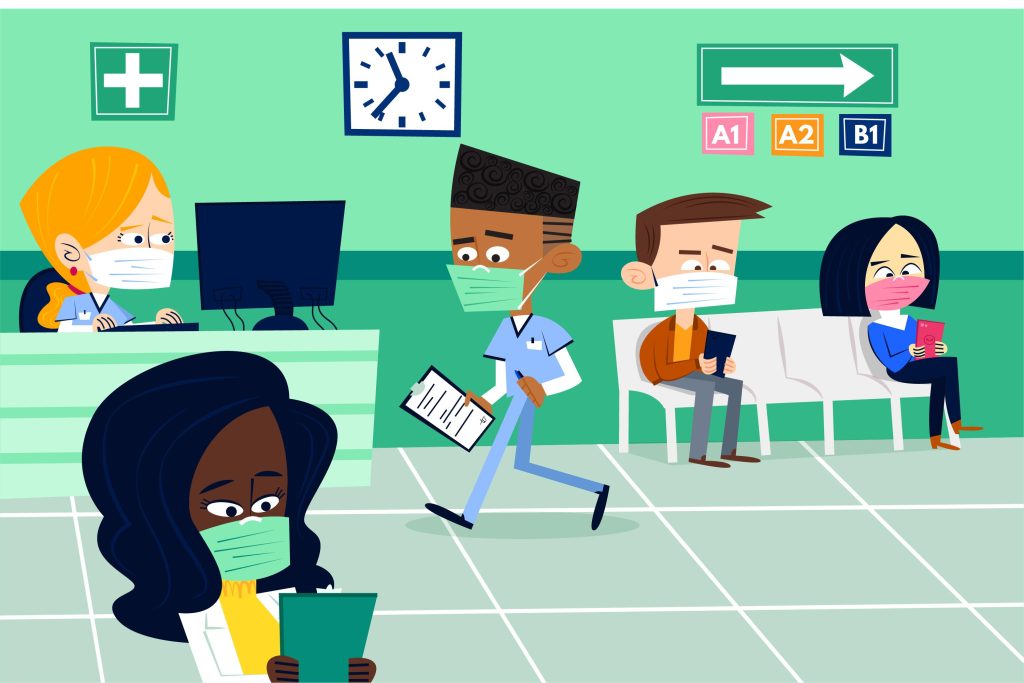
Texila Education Management Services (TEMS) offers international medical graduates (IMGs) a structured pathway to gaining invaluable US Clinical Experience (USCE), enriching their journey towards US residency.
Enhanced Clinical Skills and Exposure
- Hands-on Training: TEMS facilitates clinical rotations at ACGME-accredited teaching hospitals and clinical sites across the United States, providing IMGs with practical exposure to diverse medical scenarios.
- US Healthcare Insight: IMGs gain firsthand knowledge of US healthcare practices, enhancing their clinical skills and understanding of local protocols.
Impact on Residency Applications
- Residency Interviews: USCE strengthens IMGs candidacy, demonstrating their ability to adapt to US healthcare standards and environments.
- Letters of Recommendation: TEMS clinical programs enable IMGs to obtain strong letters of recommendation from experienced US preceptors, which is crucial for residency applications.
Competitive Advantage in Residency Matching
- Match Success: IMGs with USCE through TEMS stand out in the competitive residency match process, demonstrating readiness and familiarity with US medical practices and leveraging their experience in Clinical Externships in the USA.
- Career Prospects: USCE favourably positions IMGs for future career opportunities in the US healthcare system, aligning them with residency program expectations.
Texila Education Management Services (TEMS) leverages its expertise and extensive network to empower IMGs with comprehensive support, ensuring they acquire the necessary skills and credentials to transition into US residency programs successfully.
Alumni Success Stories
Alum testimonials are crucial in highlighting residency programs impact in the USA. They provide firsthand insights into the quality of education, clinical experience, and mentorship received, influencing prospective applicants decisions.
These testimonials showcase successful transitions from training to practice, illustrating how residency programs prepare graduates for diverse medical challenges and professional growth in the US healthcare system.
They serve as valuable endorsements, offering reassurance and confidence to future residents seeking a fulfilling career path in the United States.
Pathways to becoming a doctor in the USA as an IMG
Conclusion
Texila Education Management Services (TEMS) is a vital partner for international medical graduates (IMGs) navigating the intricate pathway to US residency. By facilitating structured US Clinical Experience (USCE) through its network of ACGME-accredited sites, TEMS equips IMGs with essential skills and insights crucial for success in US residency programs.
From personalized mentorship to tailored clinical rotations, TEMS ensures IMGs are well-prepared to meet the rigorous demands of US healthcare. Alum testimonials underscore the transformative impact of TEMS programs, showcasing how they prepare IMGs for diverse medical challenges and career advancement in the United States.
As IMGs seek to fulfil their aspirations in US healthcare, TEMS continues to provide comprehensive support and proven outcomes, reaffirming its commitment to shaping future medical leaders.
FAQ
What is US Clinical Experience (USCE), and why is it essential for IMGs?
US Clinical Experience (USCE) involves hands-on training in US healthcare settings, which is essential for IMGs to familiarize themselves with American medical practices and enhance their residency applications.
How does TEMS support IMGs in gaining US Clinical Experience (USCE)?
TEMS facilitates structured clinical rotations at ACGME-accredited teaching hospitals across the United States, providing IMGs with diverse clinical exposure and essential skills.
What are the benefits of gaining USCE through TEMS?
Through TEMS-tailored programs, IMGs gain enhanced clinical skills, exposure to US healthcare practices, and improved competitiveness in the US residency match process.
Can IMGs obtain strong letters of recommendation through TEMS USCE programs?
Yes, TEMS clinical rotations enable IMGs to work closely with experienced US preceptors, securing valuable letters of recommendation crucial for residency applications.
Does TEMS provide personalized mentorship for IMGs during their USCE journey?
TEMS offers dedicated mentorship to IMGs, guiding them through every step of their USCE experience, including residency application preparation and interview strategies.
Mastering Your MyERAS Application: A Step-by-Step Guide for Success
The Pathway to US Residency: Gaining US Clinical Experience with TEMS
Mastering Your MyERAS Application: A Step-by-Step Guide for Success
The Pathway to US Residency: Gaining US Clinical Experience with TEMS
How to Secure a Residency Program After USMLE Success
My learning experience has been very good. The modules are updated & educative. Good Learning Platform.

Chinyerezi Kepenya
I am proud to earn my degree bin distance mode because the standard is high, & its technology uses in education equates with global trend in technological advancement.

Iquo Okon Williams
My learning experience has been very good. The modules are updated & educative. Good Learning Platform.

Chinyerezi Kepenya
I am proud to earn my degree bin distance mode because the standard is high, & its technology uses in education equates with global trend in technological advancement.

Iquo Okon Williams
My learning experience has been very good. The modules are updated & educative. Good Learning Platform.

Chinyerezi Kepenya
I am proud to earn my degree bin distance mode because the standard is high, & its technology uses in education equates with global trend in technological advancement.

Iquo Okon Williams

My learning experience has been very good. The modules are updated & educative. Good Learning Platform.
Chinyerezi Kepenya

I am proud to earn my degree bin distance mode because the standard is high, & its technology uses in education equates with global trend in technological advancement.
Iquo Okon Williams
My learning experience has been very good. The modules are updated & educative. Good Learning Platform.

Chinyerezi Kepenya
I am proud to earn my degree bin distance mode because the standard is high, & its technology uses in education equates with global trend in technological advancement.

Iquo Okon Williams
My learning experience has been very good. The modules are updated & educative. Good Learning Platform.

Chinyerezi Kepenya
I am proud to earn my degree bin distance mode because the standard is high, & its technology uses in education equates with global trend in technological advancement.

Iquo Okon Williams

